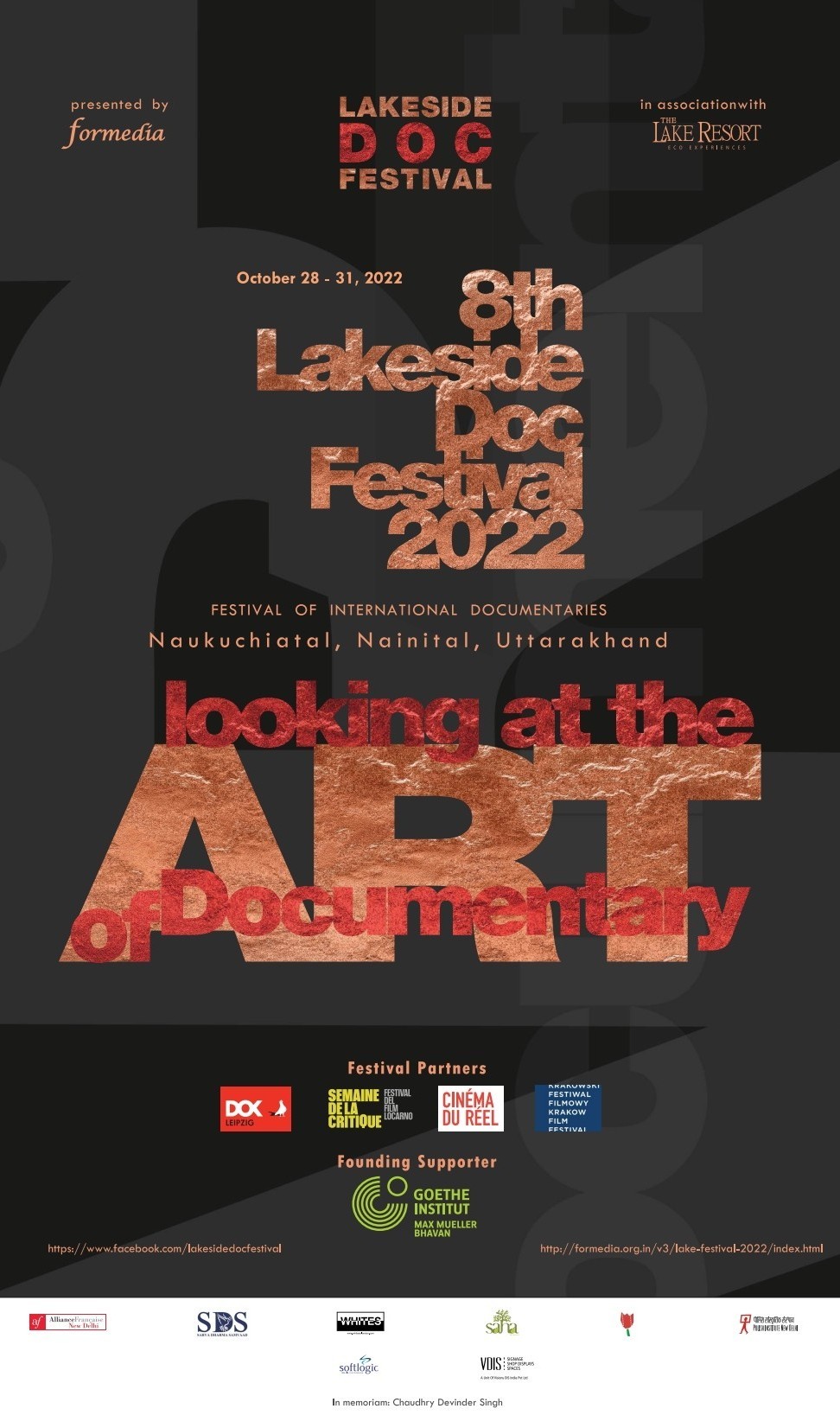
Helming one of the most reliable, one-of-a-kind film festivals in India, Neelima Mathur offers an insight into what it takes to bring together a quality viewing experience.
When we first met Ms.Mathur, festival director of the Lakeside Doc Festival (LDF) in 2016, three years after the start of this niche space for award-winning international documentaries, we were quite taken by the setting of the festival. Far from a bustling city, surrounded by an oak forest and a lake. At the time, she had said that she was inspired by Robert Redford after relocating to Naukuchiatal, Nainital. “I recalled his saying how the Sundance Institute needed to be away from the pulls and pushes of a bustling city and be in a space that inspires creativity. I felt the same way about the sheer experience of viewing documentaries in these Himalayan surroundings amidst an oak forest, beside a lake. In India, we do not really have pure spaces for the documentary – particularly non-thematic and non-controversial. The documentary remains on the fringes in most mainstream festivals in India – or is a package of a few films as part of some event or workshop. We need dedicated exposure to latest narratives and storytelling techniques. By we, I mean both the general public and film-makers – even established documentary film-makers.”

Mathur, who worked as an executive producer-researcher-writer for documentaries and NGO films under her production house, Spotfilms, for over 30 years is an expert in the area of documentary film maker. She also led major projects that mainstreamed Indian documentaries in the international market (BBC, ARTE, PBS, SBS among others) through an initiative called STEPS India besides serving as a mentor for the European Social Documentary (EsoDoc). As festival director, she curates the programme for the festival.
Bustling with one-of-a-kind camaraderie that you only see at niche festivals, the 8th edition of the Lakeside Doc Festival has just concluded. We caught up with Ms. Mathur to talk about everything documentary .
Excerpts below:
Tell us a little about the LDF experience this time. Was it different post pandemic?
Essentially, it was heartening. The dedicated LDF community got back together in the same spirit. One of engagement, bonding and excitement of viewing another set of exceptional documentaries rarely, if at all, visible in India. There did not seem to be any post-pandemic element. Conversations are what people have been missing during the pandemic and intense conversations have always been at the core of the LDF experience – and they continued!
What is your favourite part about being a documentary film curator?
So much, it may be best to put them in short points.
At the start, the thrill of receiving so many options from across the world to view before the long process of shortlisting.
The intense engagement and email discussions with various film festival core teams, across international boundaries, over almost each film, which in itself is a learning.
The subsequent personal and usually very warm connect with each individual international film-maker. Making for an international documentary brotherhood knit from LDF.
What do you look for in a documentary before selecting it?
Various elements in the following either / or framework:
A universal story that resonates for anyone in any country.
A film that brings a much lesser known story that is of unique significance to understand some aspect of life / history / communities across nation boundaries.
Exceptional cinematic qualities in story-telling, technique and productions standards.
A combination of these and similar elements that can catalyse healthy conversations – not futile controversial, egoistic argumentation based on personal ideological biases / prejudices.
Films that give you inner space to empathise with unknowns or give pure joy.
Are there any new meanings created from the pairing/ordering/selection in this program?
I have noticed that without consciously planning it, one or two common ‘themes’ emerge in each edition. This time it was Cars (yes, the automobile!) and the extreme edges of journalistic practice and what direction it can take.
How have the films in this program circulated prior to selection?
They are all films that have had great international festival journeys, won awards, used for impact education and master classes.
Why are documentaries important?
Fiction offers space that fulfills our dream and subterranean selves. Documentaries keep us rooted in a reality that is real. Both are important but I think the documentary may become the more chosen medium ahead. Covid has pushed the world into looking beyond our inner self and becoming aware of and being more sensitive to the ‘Other’. Certainly beyond inane Reality Shows!